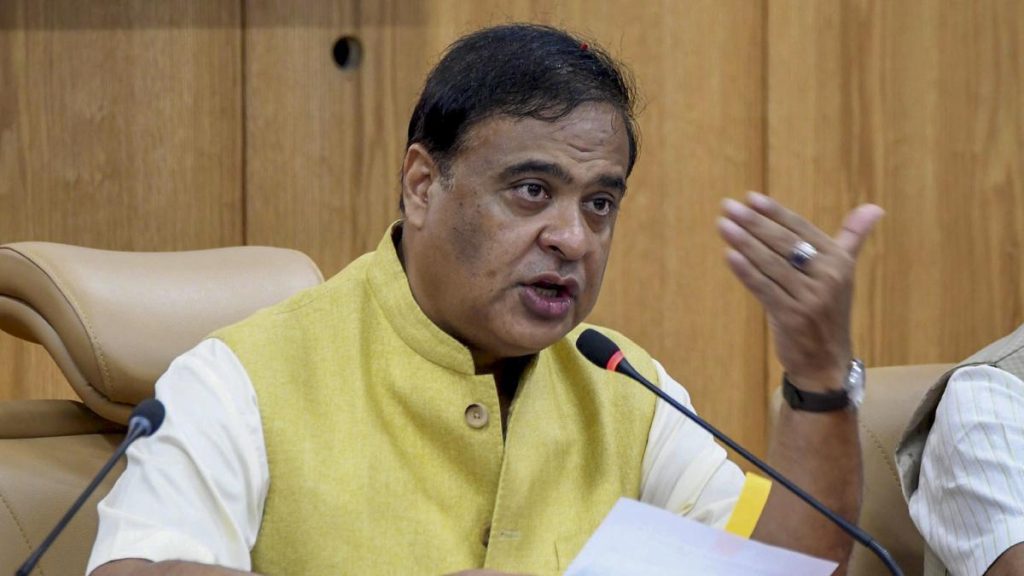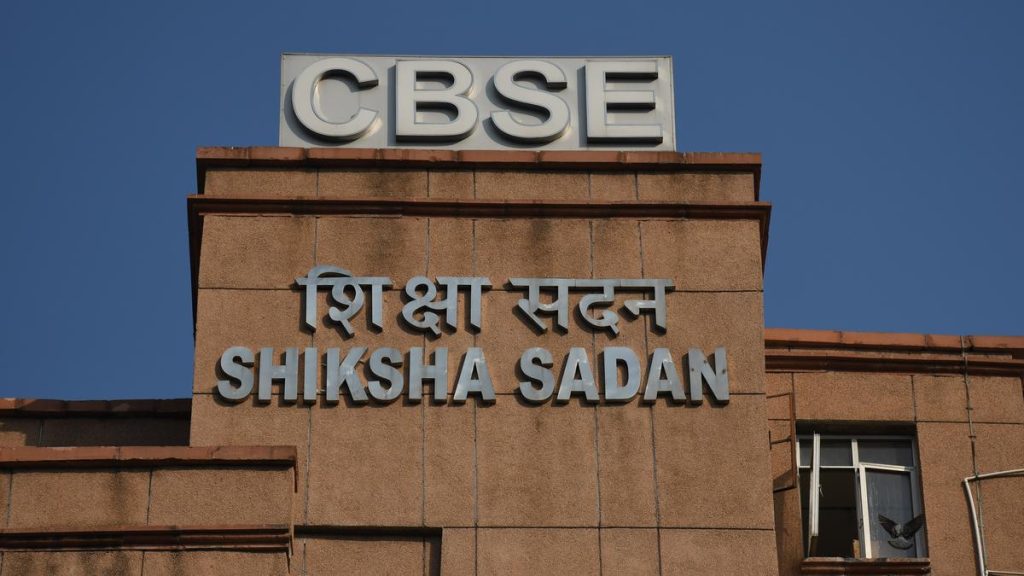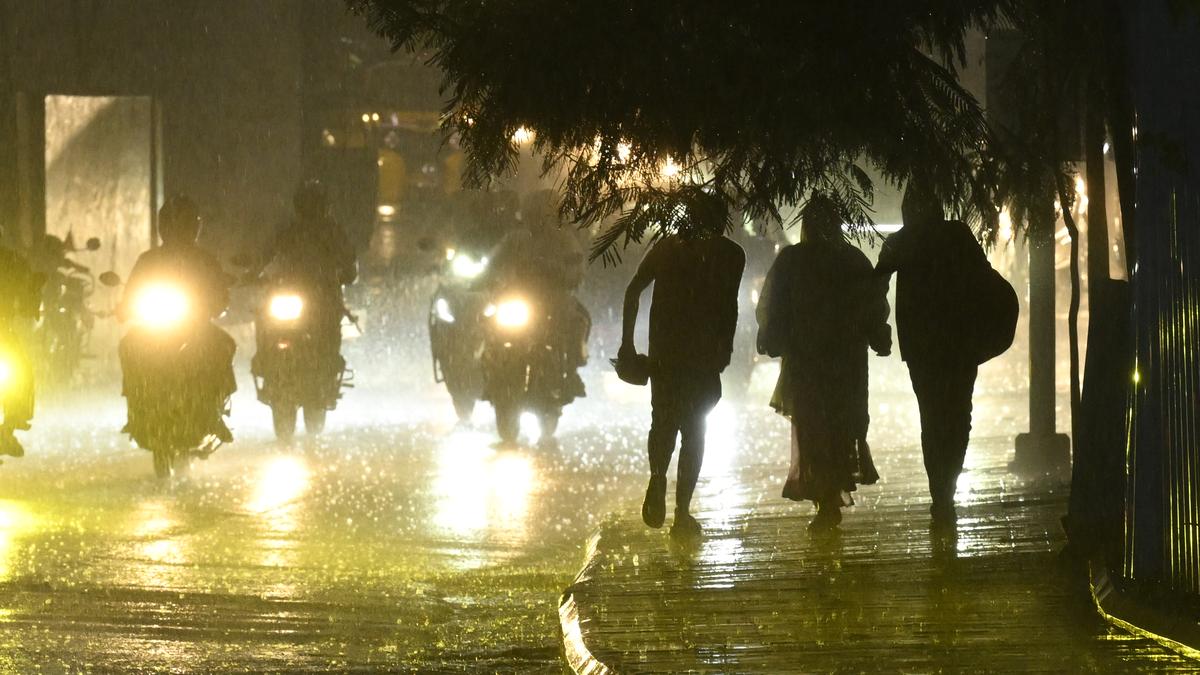Now Reading: SEP Commission Resists Foreign Universities Opening Campuses in Karnataka
-
01
SEP Commission Resists Foreign Universities Opening Campuses in Karnataka
SEP Commission Resists Foreign Universities Opening Campuses in Karnataka
Quick Summary:
- Foreign Universities in Karnataka: SEP Commission opposes direct establishment of foreign university campuses due to accessibility and affordability concerns, suggesting institutional collaborations for degree programs instead.
– Example: University of Liverpool set to open its Bengaluru campus by September 2026; other universities exploring interest in Karnataka’s KWIN City initiative.
- Recommendations by SEP Commission:
– Increase online education accessibility.
– Develop job-oriented courses across disciplines.
– introduce technology-focused courses (e.g., quantum computing, AI, machine learning).
- Gross Enrollment Ratio (GER) Concerns:
– Karnataka’s GER for higher education at ~30%-35%, ranking ninth among states despite high per capita income.
– Low GER observed in disadvantaged communities (SCs/STs), with insufficient post-matric scholarships due to restrictive income limits. Recommended increasing the exemption threshold to ₹10 lakh annually for SC/ST students.
– Regional disparity highlighted-Kalyana Karnataka has significantly lower GER compared to coastal and inland districts.
- Girl Student Support Initiatives: Proposal for free education, financial incentives aimed at addressing early marriages and domestic work challenges.
- Higher Education Performance Issues: Weak performance in NAAC rankings caused by infrastructure shortcomings, lack of permanent faculty-about 20,000 vacant posts noted. Recommendations include filling vacancies within five years and avoiding guest faculties going forward.
Indian Opinion analysis:
The SEP Commission’s stance reflects a pragmatic approach toward equitable higher education access amidst affordability concerns tied to foreign university campuses. Encouraging institutional collaboration rather then standalone establishments aligns with strengthening overall inclusivity while fostering global academic partnerships without compromising accessibility for disadvantaged groups.
The focus on enhancing GER through targeted incentives such as financial aid adjustments for marginalized communities and measures supporting rural girls suggests a priority shift toward narrowing regional disparities-even within a state known for economic growth like Karnataka. Addressing faculty shortages and infrastructure gaps could benefit long-term educational outcomes but requires robust implementation strategies given existing constraints on resources.
By emphasizing emerging technologies alongside job-oriented designs in curriculum reforms, the commission underscores the need to align technical education with global innovation trends-a relevant move as India seeks competitive positioning in advanced fields like AI or quantum computing globally. Though, execution remains key amid challenges ranging from funding adequacy to regional inequalities evident across institutions today.
Read More: link

























